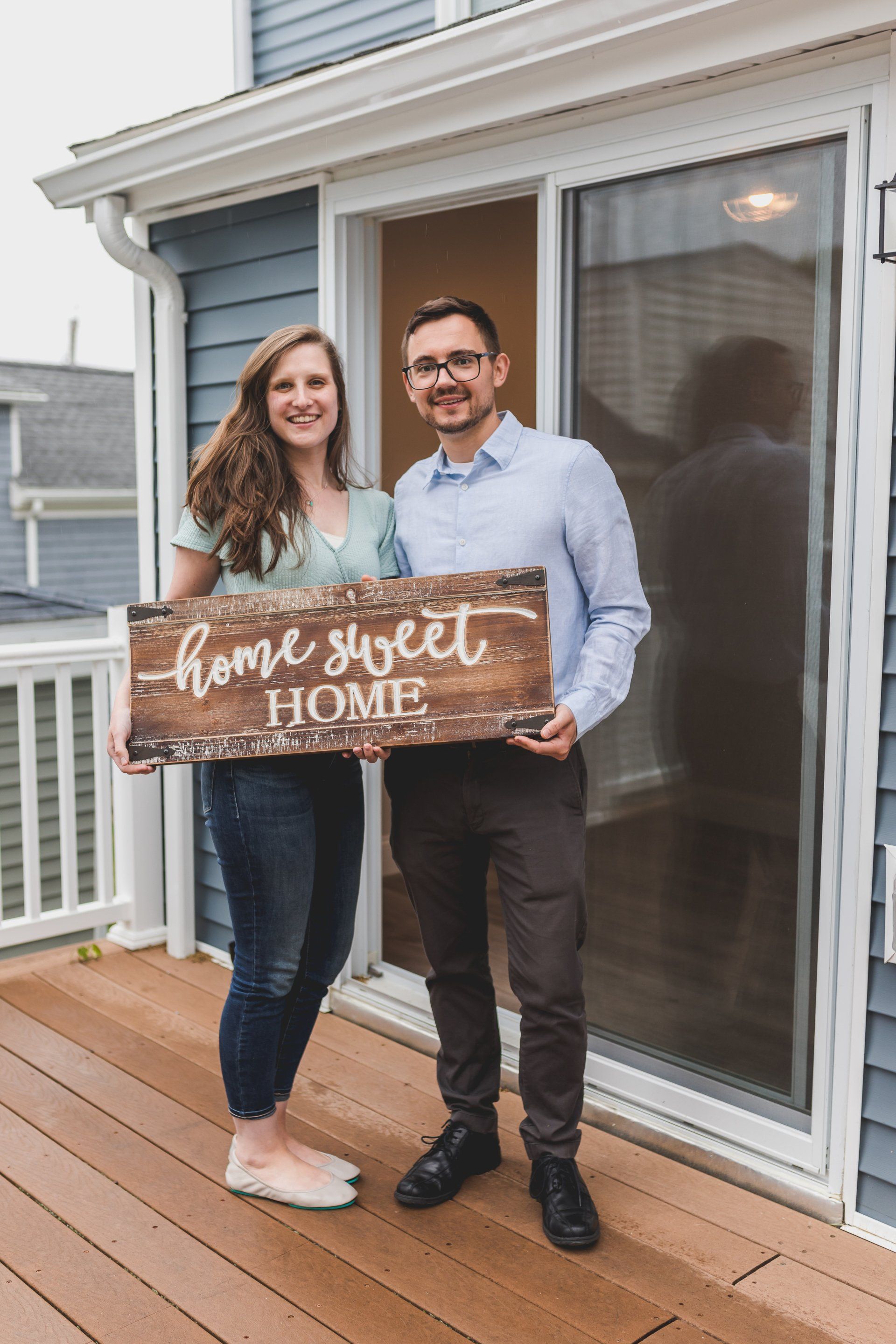NO DOC PROGRAM
WHAT IS IT?
A non-qualified mortgage loan is more commonly referred to as a Non-QM loan. Within the mortgage industry, a qualified home loan is one that complies with the requirements set forth by the Consumer Financial Protection Bureau (CFPB) and standards set by the federal government. These include loans sold or insured by entities such as Fannie Mae or Freddie Mac. Not every borrower fits neatly inside a traditional government matrix. Investors, foreign nationals and those who are self-employed, as well as borrowers with credit blemishes, such as foreclosures, low credit scores or prior bankruptcies, may find it difficult to qualify for a conventional loan.
Every person has a story. Our non-QM loans help more borrowers achieve the dream of home ownership.
WHO IS IT FOR?
Most often, we find borrowers are in one of three situations that best fit a Non-QM loan:
- Self-employed borrowers with a lot of income tax write-offs
- Borrowers with credit blemishes
- Investors wishing to purchase rental or vacation home properties.
Self-employed borrowers often face more complexity than traditional wage-earning borrowers. A Non-QM loan can help qualify these borrowers with alternative documentation, such as bank statements. . A Non-QM loan has different underwriting guidelines than conventional or government-backed loans. Non-QM loan lending guidelines follow regulatory guidelines while considering a borrower’s Ability to Repay (ATR), according to the loan’s terms. This includes cash flow through personal or business bank accounts.
HOME PURCHASE
Frequently Asked Questions







